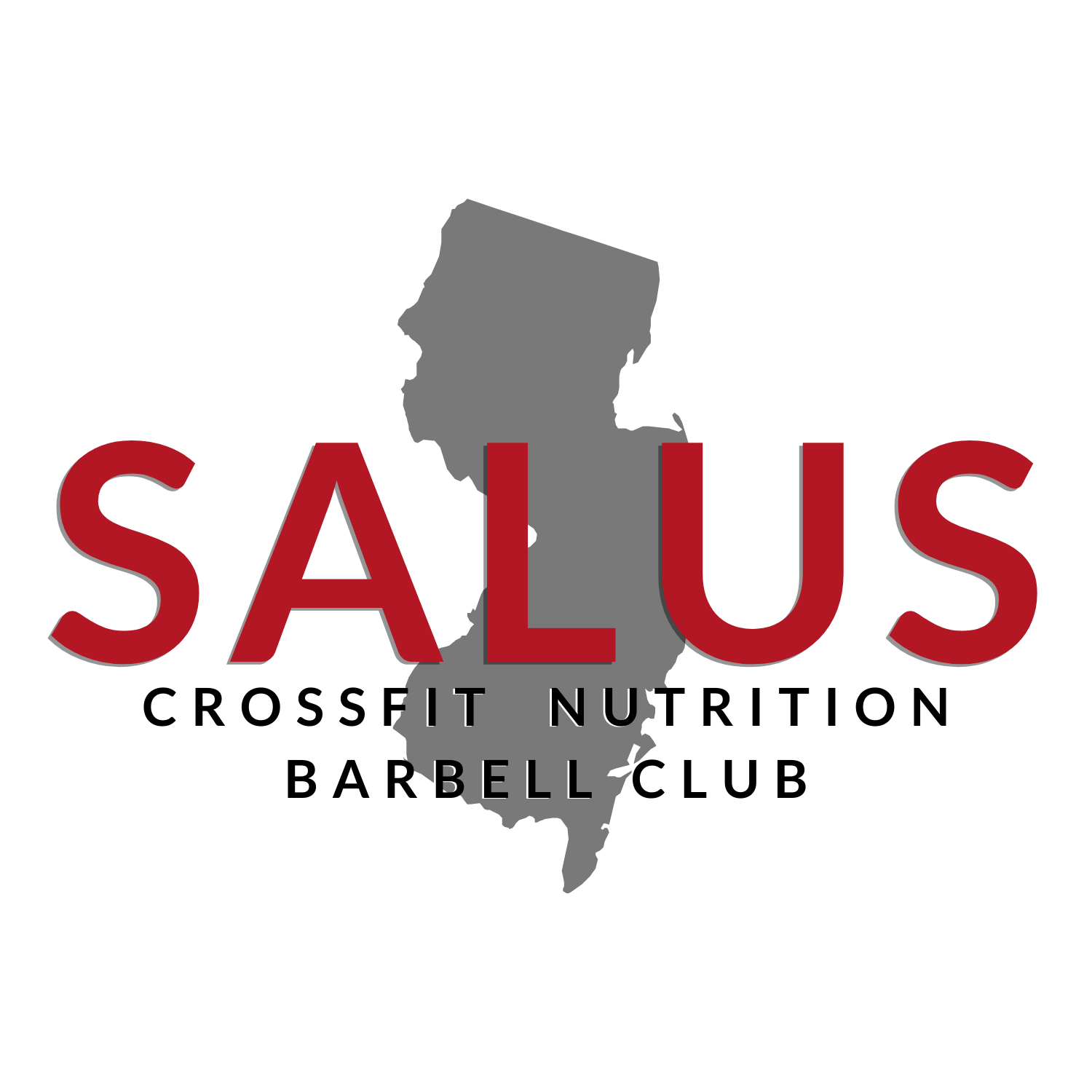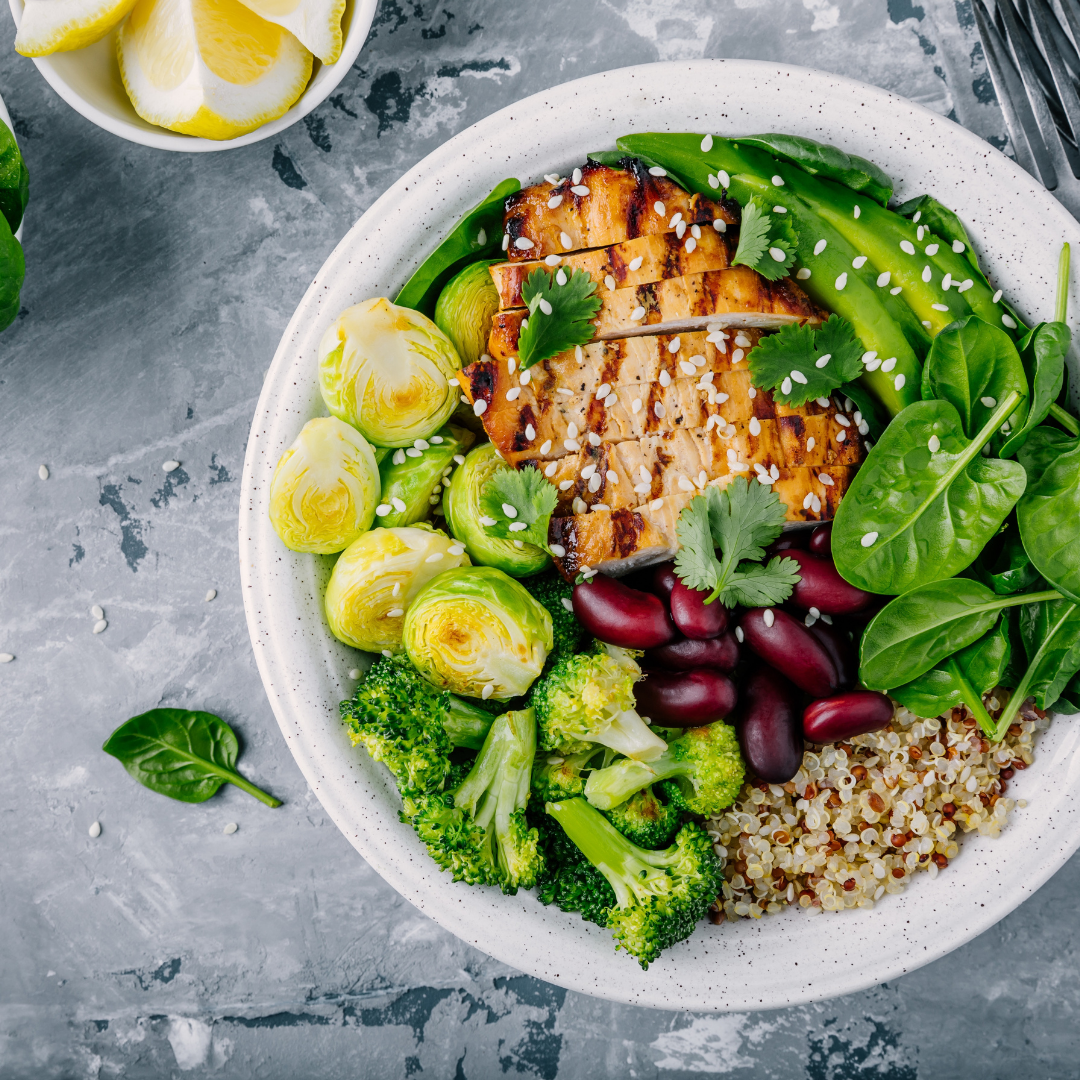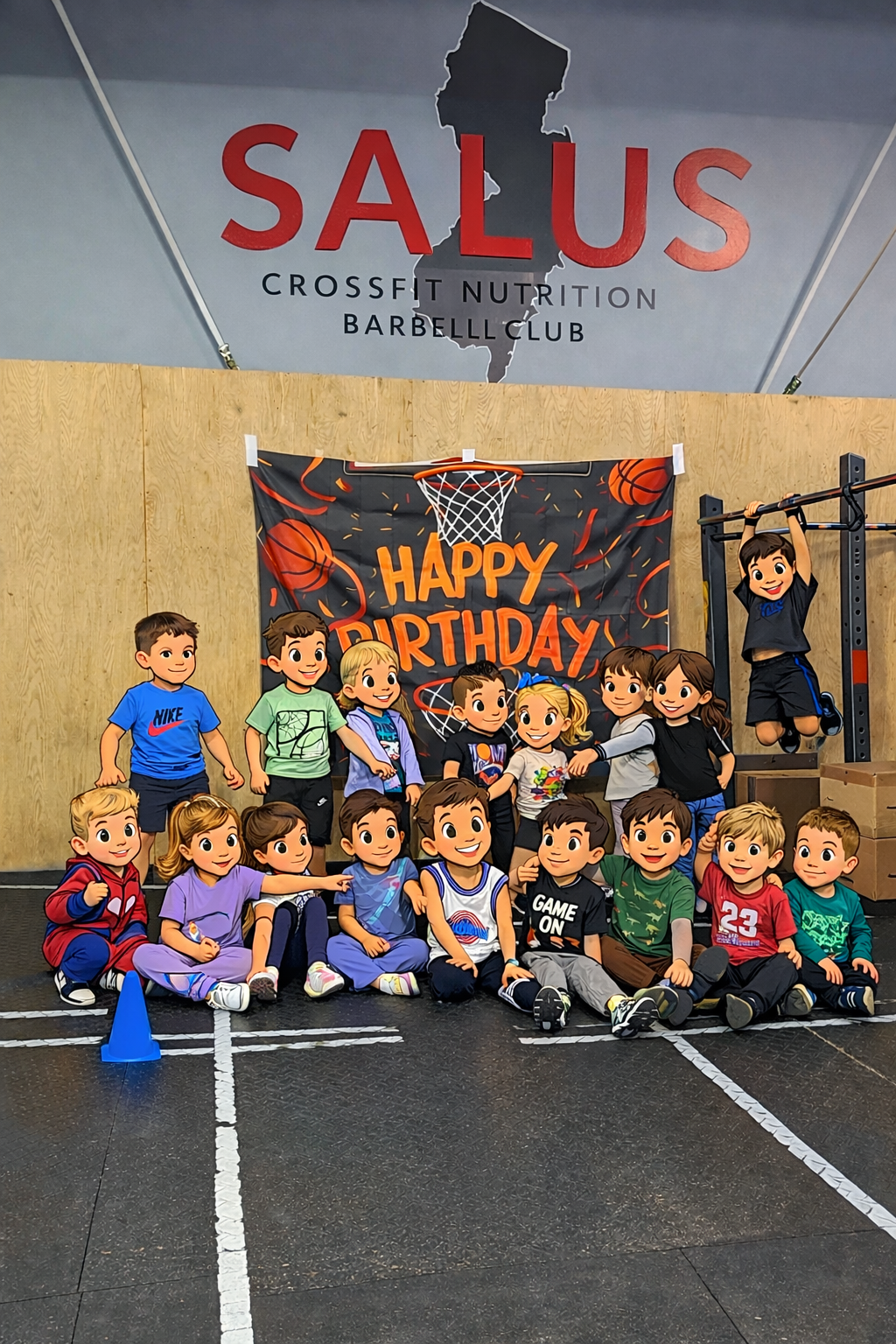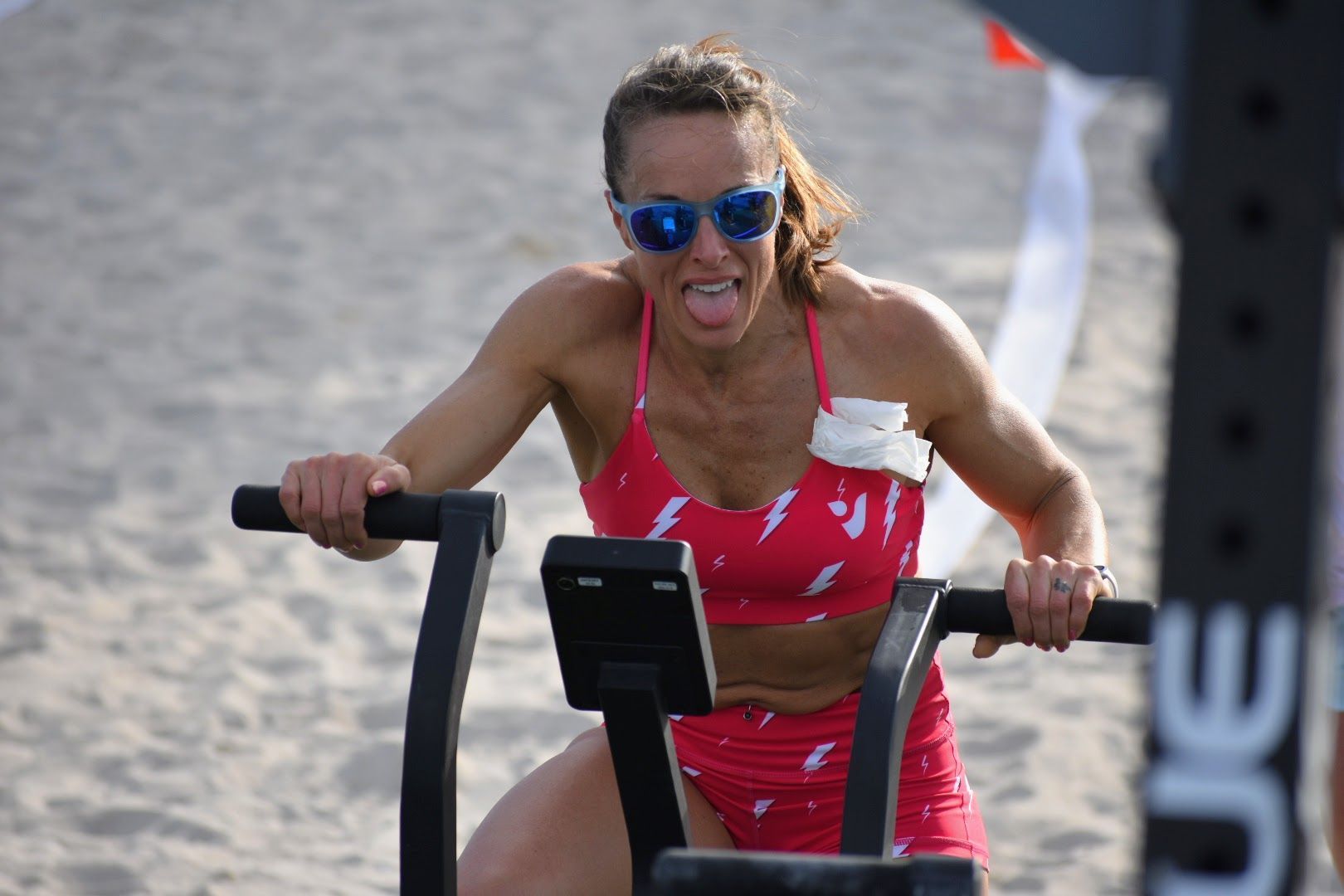Is it Possible to Get Enough Protein as a Vegetarian?
Did you know that the typical adult in North America gets 27 percent of their energy — about 900 calories a day — from animal products. Only 9 percent comes from vegetables, fruits, and beans… combined.
In general, vegetarians are plant-based eaters and don’t eat meat. However, some may consume animal products such as eggs and dairy. The below only paints a partial picture, but can provide an overview of the many types of plant-based eaters.
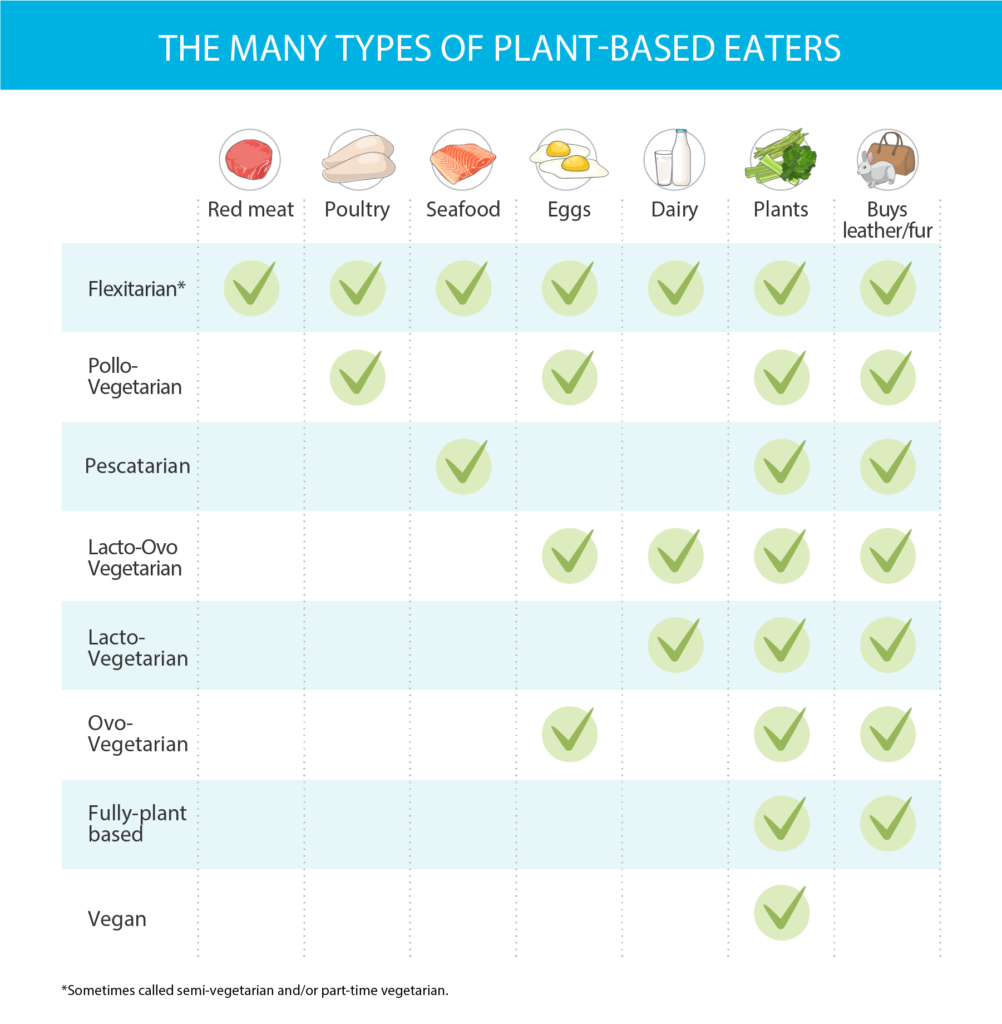
As a vegetarian, eating a diet rich in plants isn’t just about eating more fruits and vegetables. “Plants” also includes grains, nuts and seeds, beans and legumes, and plant-derived fats.
Is it possible to get enough protein as a vegetarian?
Contrary to popular belief, many plant foods have a decent amount of protein.
Check out how these proteins stack up:
Animal-based protein sources equal to 100 calories
- Skinless chicken breast 21
- Cottage cheese 12
- Greek yogurt, plain 14
- Shrimp, cooked 24
- Eggs 9
Vegetarian protein sources equal to 100 calories
- Banza Chickpea Penne Pasta 7.4
- Oatmeal 3.5
- Mushrooms 14.1
- Broccoli 8.2
- Edamame 9.8
- Pumpkin Seeds 5.2
- Almonds 3.7
- Cashew Yogurt 2.9
- Vega Sport Pea Protein 20
Complete Proteins Contain All 9 Essential Amino Acids
But, it’s important to note that not all plant-based proteins are complete proteins. A complete protein refers to protein sources that contain adequate amounts of all nine essential amino acids (the building blocks of proteins).
- histidine
- isoleucine
- leucine
- lysine
- methionine
- phenylalanine
- threonine
- tryptophan
- valine
Animal products like chicken, beef, fish, and eggs contain enough of every one of these essential amino acids, so they’re considered complete proteins.
Select Vegetarian Sources That Are Complete
Most plant sourses of protein, on the other hand, are missing one or more of the essential acids, so they’re considered an incomplete protein. However, a select group of foods are considered vegetarian AND a complete protein:
- Quinoa
- Buckwheat
- Edamame, Tofu
- Amaranth
- Ezekiel Bread
- Hemp & Chia Seeds
Combination Vegetarian Sources to Make a Complete Protein
Interestingly, you can combine certain incomplete vegetarian sources of protein to make a complete protein.
For example, rice is too low in lysine to be considered a complete protein. But, by also eating beans, which are high in lysine, it then becomes a complete protein. Some examples of vegetarian combination foods include:
- Rice and Beans
- Whole Wheat Pita and Hummus
- Peanut Butter on Wheat Bread
- Chickpeas and Sunflower Seeds (think salad topping)
- Refried Beans and Whole Wheat Tortilla
- Lentil Soup and Whole Grain Crackers or Roll
- Steel-Cut Oatmeal with Pumpkin Seeds
- Wild Rice with Peas
Of course, there are aisles of packaged plant-based alternatives, too. With the rise of these processed products, it’s important to remember that the main goal is still to stick to whole, unprocessed, plant-based foods.
Want to go plant-based but feeling confused about how to do it and what to eat?
Your Next Steps
If you want to learn whether a vegetarian diet is right for you or how to move more towards a plant-based diet, schedule a consultation with one of our nutrition coaches at nutrition@salusnj.com. We’ll help you find the right strategy to meet your goals.
The post Is it Possible to Get Enough Protein as a Vegetarian? appeared first on Salus.
